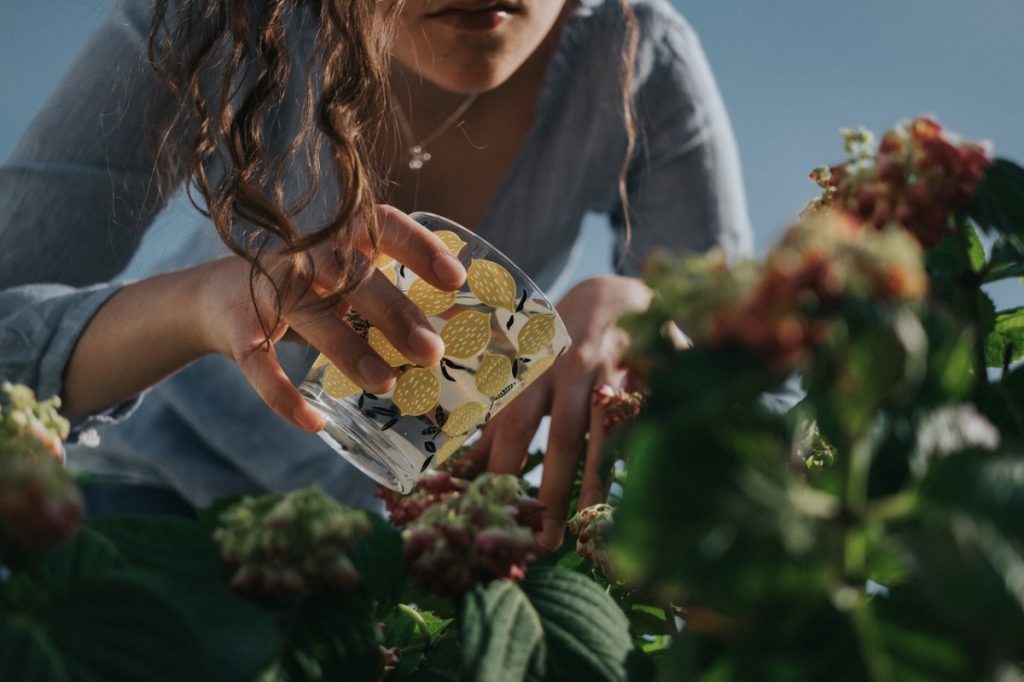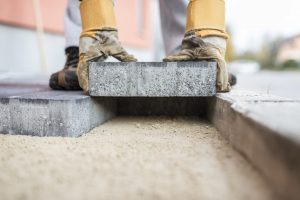By now, you should already have a fair idea about climate change, its causes, and what can happen if this crisis is not averted. It may not be far-fetched to assume that you’ve even done something to counter it by now. Perhaps you’ve bought your own tumbler for your water and coffee, shopped from local farmers, and religiously brought grocery bags to the supermarket. There are many more things you plan to try, and while you’re onto a good start, you might have missed one vital move: gardening sustainably.
That’s right, even the way you garden can have an impact on the environment. Fortunately, making that impact positive doesn’t have to be expensive or difficult. You have to commit to certain changes, and this article will show you what they are and how.
Prioritize Pollinators
Bees and butterflies play a crucial role. They pollinate and ensure that ecosystems are continually created and maintained. Without them, over ninety percent of the world’s flowering plants wouldn’t scatter and thrive.
Regardless if you live on a farm or in a bustling city, you have the opportunity to take care of these pollinators. Bring pollinator plants such as milkweed and gaura into your garden. Scatter them in clusters so that they can spot them easily, and make sure to surround them with plants for caterpillars, too. Supporting pollinators in all stages of their lives is a great way to ensure that those in your locality will survive.
Conserve Water
If you live in a place with a dry climate like in Utah, you have to be especially smart about your irrigation system. One of the ways you can do that is to select a reliable provider for your sprinkler installation. An area always has a couple of options that will ensure your sprinkler is optimally situated and that your garden is outfitted with the equipment that best suits your landscape. It might surprise you how these seemingly trivial considerations make a big difference in conserving water. Properly placed sprinklers can help you prevent over-watering and ensure that your plants stay hydrated.
Another important factor is when you water your plants. Since Utah mostly experiences desert-like weather, you’d want to turn on your sprinkler in the morning when the sun is not fully out. Doing so at noon or in the afternoon will only cause the water to evaporate.

Compost in Practical Ways
Compost is a great means to enrich your soil without using chemicals and other products that are harmful to the environment. Contrary to popular belief, you don’t need fancy tools to compost your food waste, especially if you live in a small apartment and cultivate an even smaller garden. Just buy a container, preferably something designed for gardening. Poke holes underneath and use a tray for draining water. Fill the bottom with strips of paper before pouring in the soil and worms. With this, you can begin composting fruit and vegetable scraps along with eggshells, coffee, and tea bags. Just make sure to cover the top of your compost with damp paper strips each time you add new layers to it.
Use Native Plants
Instead of going for the popular commercial options, you should invest in native plants instead. Native plants require less effort and cost to maintain as they are accustomed to their surroundings. They are also a means to give birds and pollinators access to their natural habitat. This is especially true when you are refurbishing your lawn. Give up the traditional turf grass and ask your local botanist for alternatives that can give you nearly the same aesthetic. Since sustainability is a quickly progressing movement, you should find garden suppliers within your vicinity who are already offering native plant collections.
Select Bird-friendly Plants
While you’re shopping for native plants, make sure to grab some that birds can feed on. This is a low-cost way to make your garden attractive to specific birds and help them survive, particularly if you live in an urban community. These plants will not only give them easy access to seed heads but also make it easier to source materials for their nests.
Do Your Part
Fighting climate change is all about making well-informed decisions daily. You might need to perform additional research to create a garden that efficiently counters climate change, but the effort you put in is worth the results. You will certainly not regret it once you see the birds feeding in your garden and the butterflies fluttering about to gather nectar and pollen.






